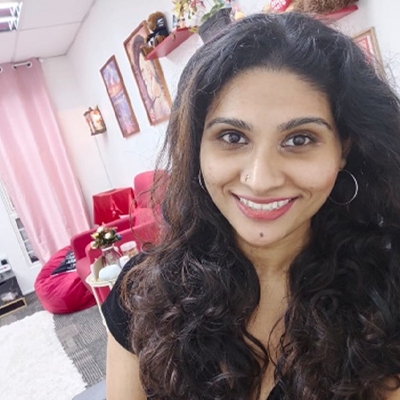Anxious Attachment: Why You Love Hard, Worry More, and Struggle to Let Go
Anxious Attachment: Why You Love Hard, Worry More, and Struggle to Let Go

Written By: Devi Venashinee Muruges, Founder and Senior Therapist, (KB 08444)

What Is It?
Anxious attachment is one of the four major attachment styles that shape how we relate in adulthood. It often develops when childhood caregiving was inconsistent, sometimes nurturing, sometimes dismissive.
As adults, people with an anxious attachment style often:
- Constantly seek reassurance
- Fear abandonment, even in secure relationships
- Experience emotional highs and lows in love
Why Do People With Anxious Attachment Get Attached So Easily?
If you live with anxious attachment, you might feel a deep fear of being unloved or forgotten. This can show up as:
- Repeatedly texting when your partner doesn’t reply
- Feeling insecure if someone seems distracted
- Needing frequent validation to feel safe
- Saying “yes” even when it hurts, just to avoid conflict
This doesn’t mean you’re “too needy.” It means your nervous system was trained to protect you from disconnection, even when there’s no real danger.
Signs of Anxious Attachment in Relationships
Recognizing the patterns is the first step toward change. Some signs include:
- Difficulty trusting your partner’s consistency
- Worrying they might leave, even without evidence
- Overthinking messages or small changes in behavior
- Sacrificing your needs to avoid rejection


The path Towards Healing
1. Become Aware of Your Patterns
Notice what triggers your relationship anxiety. Silence? A tone shift? Feeling ignored? Awareness helps you pause before reacting.
2. Practice Self-Soothing Before You React
Instead of panic-texting, try grounding:
- Deep breathing
- Positive self-talk (“This is old fear, I am safe now.”)
3. Rebuild Inner Security
Affirm your worth outside of relationships. Journaling, therapy, meditation, or yoga can help you reconnect with your own stability.
4. Set Boundaries Around Over-Giving
People with anxious attachment often lose themselves in trying to keep others close. Start practicing saying “no” and listening to your needs.
5. Seek Secure Relationships
Prioritize relationships with emotionally consistent, open, and supportive people. Avoid “hot-and-cold” partners who trigger insecurity, that’s not love, it’s reactivation of past trauma.
Therapy for Anxious Attachment in Malaysia
Having anxious attachment doesn’t make you broken. It means you love deeply, but didn’t always feel the safety you needed growing up. With therapy and self-awareness, you can shift toward secure attachment and build healthier, calmer connections.
If you are looking for therapy for anxious attachment in Kota Damansara or Ipoh, Soul Mechanics Therapy Centre has licensed therapists ready to support you. Click here for more info.
If you enjoyed reading this, why not broaden the horizon of knowledge by learning about "Relationship 101: Mistakes That Kill a Relationship"? You can read the blog here.
For more content related to mental health, follow us on our official Instagram.

